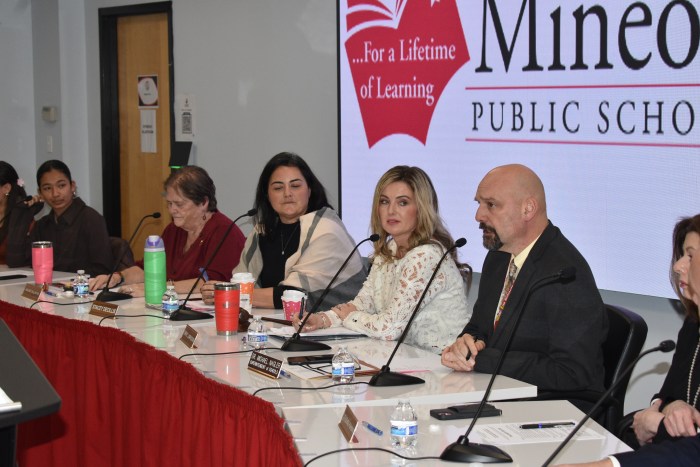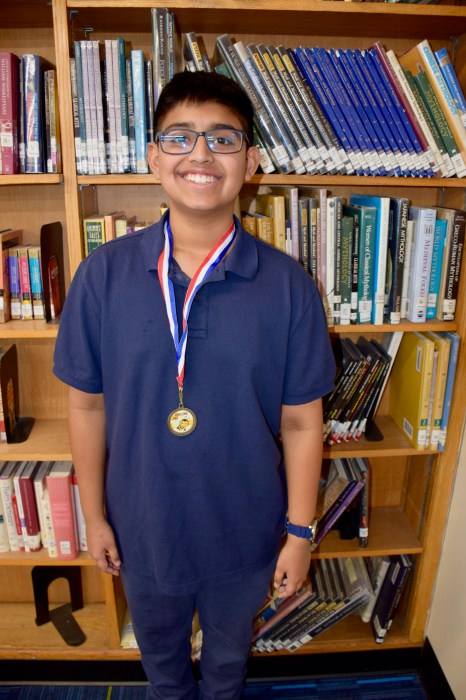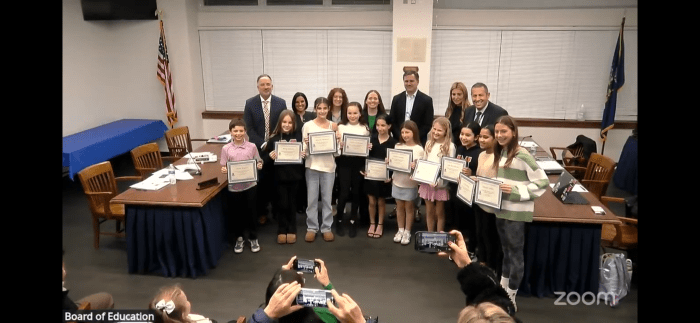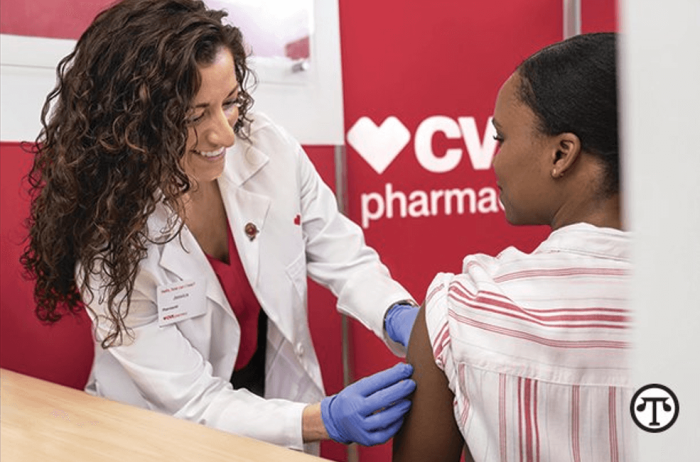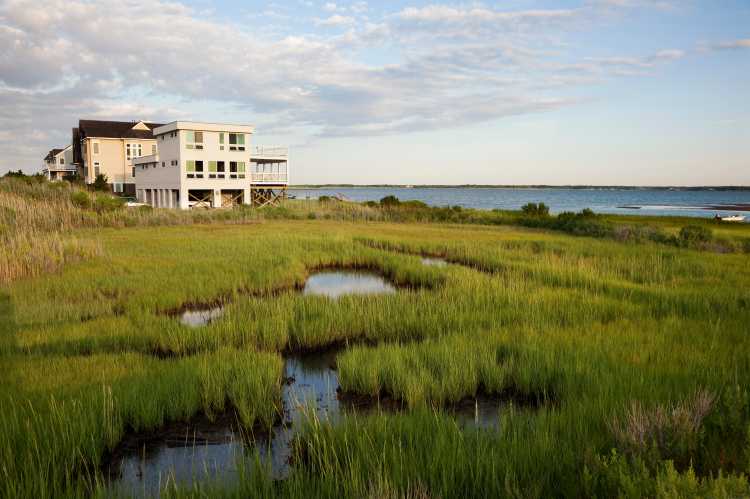The Roslyn-based COPE Foundation, which provides support to grieving children, adults, and families across Long Island, is rebranding its annual Camp Erin NYC under a new name: Camp COPE.
Adam Rabinovitch, COPE’s executive director, announced that the change comes as the nonprofit is ending its 13-year partnership with the Eluna Network and forging its own path for the program. Camp COPE’s free summer weekend program provides children ages 7 to 17 with a supportive space to grieve, develop healthy coping skills, and connect with other people who can understand their situation.
“This decision allows us to expand our reach, adjust guidelines to better meet the diverse needs of grieving families, and introduce new, holistic support elements,” Rabinovitch said.
While the Eluna Network’s programs focus on children and teenagers, COPE has long provided support for adults as well. Rabinovitch emphasized the importance of extending grief support to entire families, explaining that when caregivers receive help alongside their children, it strengthens the healing process for everyone.
“It helps them come back together at the end of the weekend program with shared tools as a family unit,” he said, describing the “common language” families develop through the experience. A key goal of the program is to ensure that individuals and families leave not just with support but with new skills and guidance to continue their healing journey at home.
COPE was founded in 1999 by Lilly Julien, whose 20-year-old daughter Michelle was killed in a car accident in 1992. Seeking a way to heal, she connected with other grieving parents and helped establish the nonprofit with them. After her husband’s passing in 2000, COPE expanded to offer summer weekend programs for both children and caregivers.
These programs are supported by volunteers known as “grief guides,” professional clinicians who donate their time during the weekend camps, as well as trained mentors.
Rabinovitch recalled the testimonial of a bereaved mother that particularly stood out to him. She had attended the camp for just one night and, after joining a hike with other participants, described the bittersweet relief she felt.
“I feel lighter,” she said. “I think [my kids] do, too.”
He also said that he has observed an increasing demand for grief support and has noticed a positive shift in people’s willingness to seek help. His message to those experiencing loss right now is simple: “If you have lost somebody, you’re not alone. There are supportive resources.”
For more information, visit copefoundation.org





